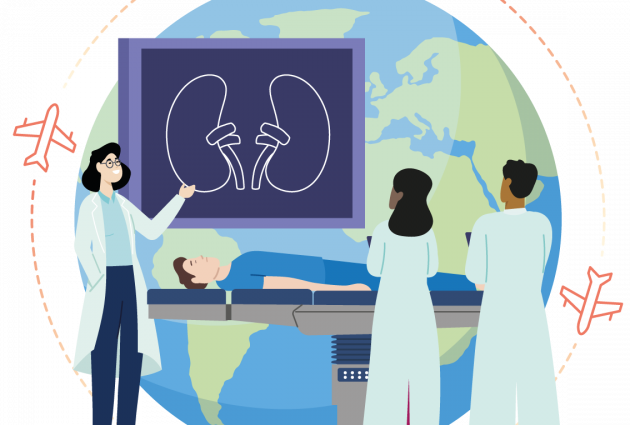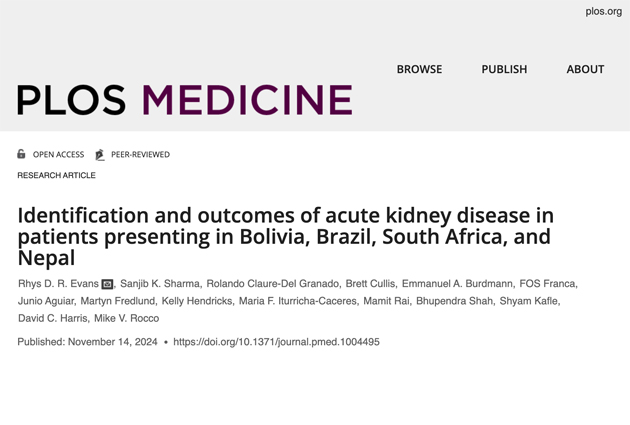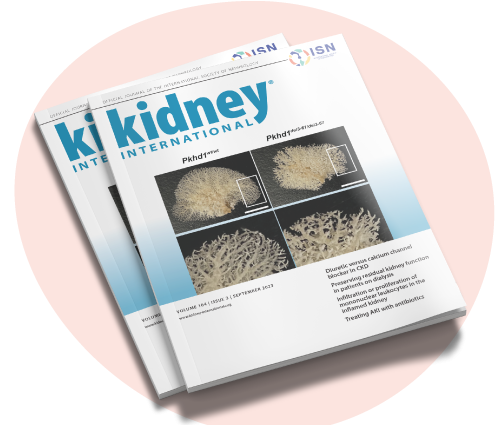Discover the Latest on DAPA-CKD: Dapagliflozin in Patients with Chronic Kidney Disease
The full DAPA-CKD trial results will be presented and reviewed at the ESC Congress 2020, Sunday, August 30, 17:00 – 17:30 CET.
Topic
Renal failure and Cardiovascular Disease
Chairpersons
Rory Collins (Oxford, UK); Frank Ruschitzka (Zurich, Switzerland)
Presentations:
- DAPA-CKD – Dapagliflozin in Patients with CKD: Hiddo Heerspink (Groningen, Netherlands)
- DAPA- CKD – Live Prime Discussion: Diederick E Grobbee (Utrecht, Netherlands)
Q&A Session
The online session is available free of charge, but pre-registration is required.
Look out for the upcoming ISN webinar on the implications of this new data on renal function and kidney care.
Would you like to support equal access to nephrology research? Become an ISN Member!
Read more
“The DAPA-CKD trial has shown dapagliflozin’s potential as a long-awaited new treatment option for patients with chronic kidney disease. The data will be transformative for these patients” – Prof. David Wheeler, University College London, and Prof. Hiddo Heerspink, University Medical Center Groningen, Co-chairs and Executive Committee of the Farxiga’s (dapagliflozin) Phase III DAPA-CKD trial.
Faxiga met all primary and secondary endpoints in a groundbreaking Phase III DAPA-CKD trial for the treatment of patients with CKD.
Farxiga significantly reduced the worsening of renal function or risk of deaths in patients with CKD with and without type-2 diabetes.
High-level results from Farxiga’s (dapagliflozin) Phase III DAPA-CKD trial showed a statistically significant and clinically meaningful effect on its primary endpoint of a composite decline in renal function or risk of death (defined as a composite endpoint of ≥50% sustained decline in estimated glomerular filtration rate (eGFR), onset of kidney failure, or cardiovascular, or renal death) in adult patients with chronic kidney disease (CKD).
The trial also met all its secondary endpoints in CKD patients with and without type-2 diabetes (T2D), making Farxiga the first medicine to significantly reduce the risk of death from any cause in this patient population.










